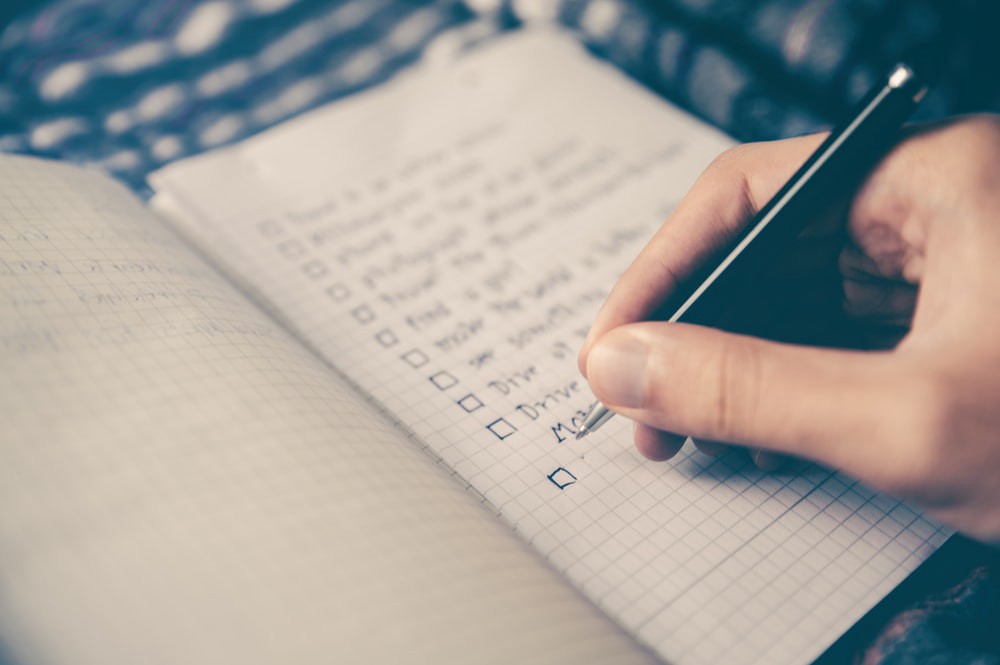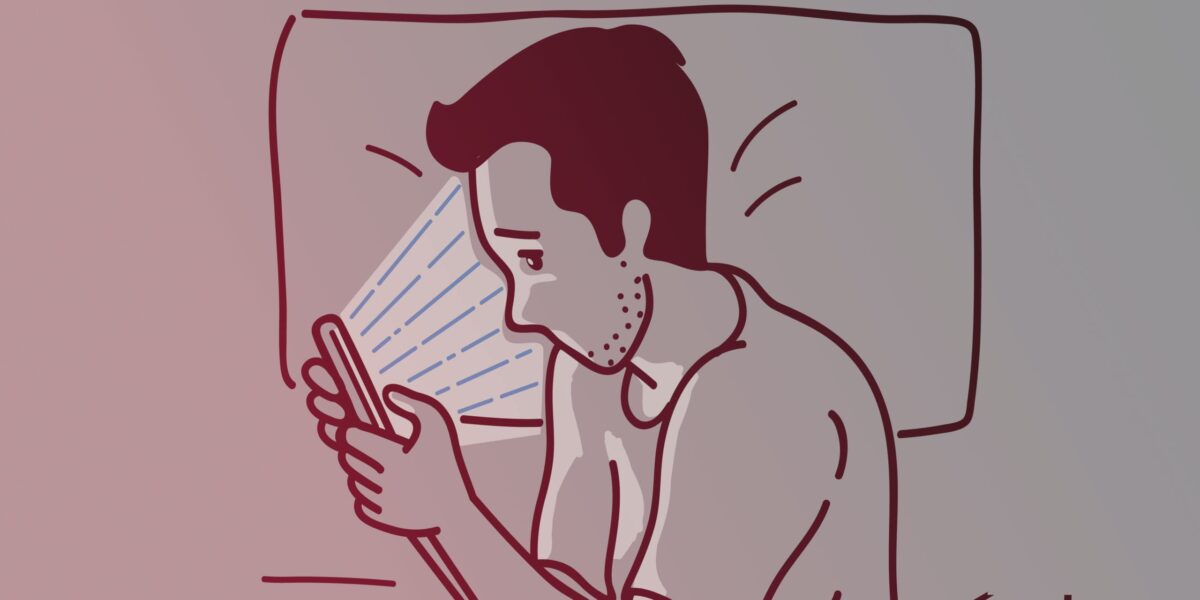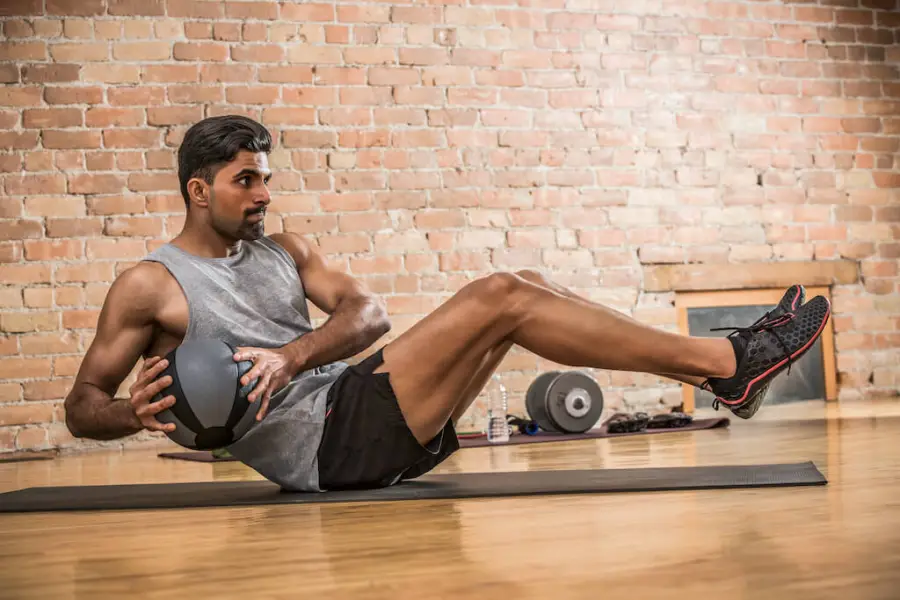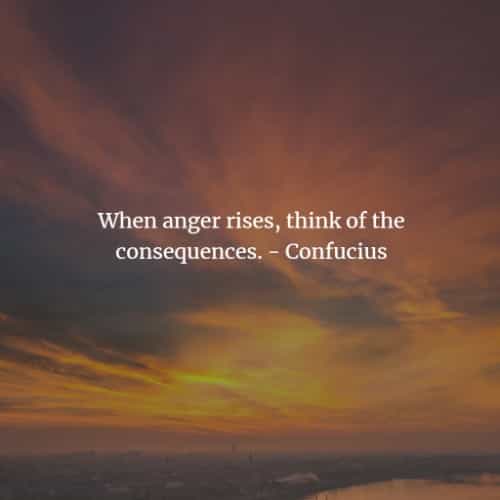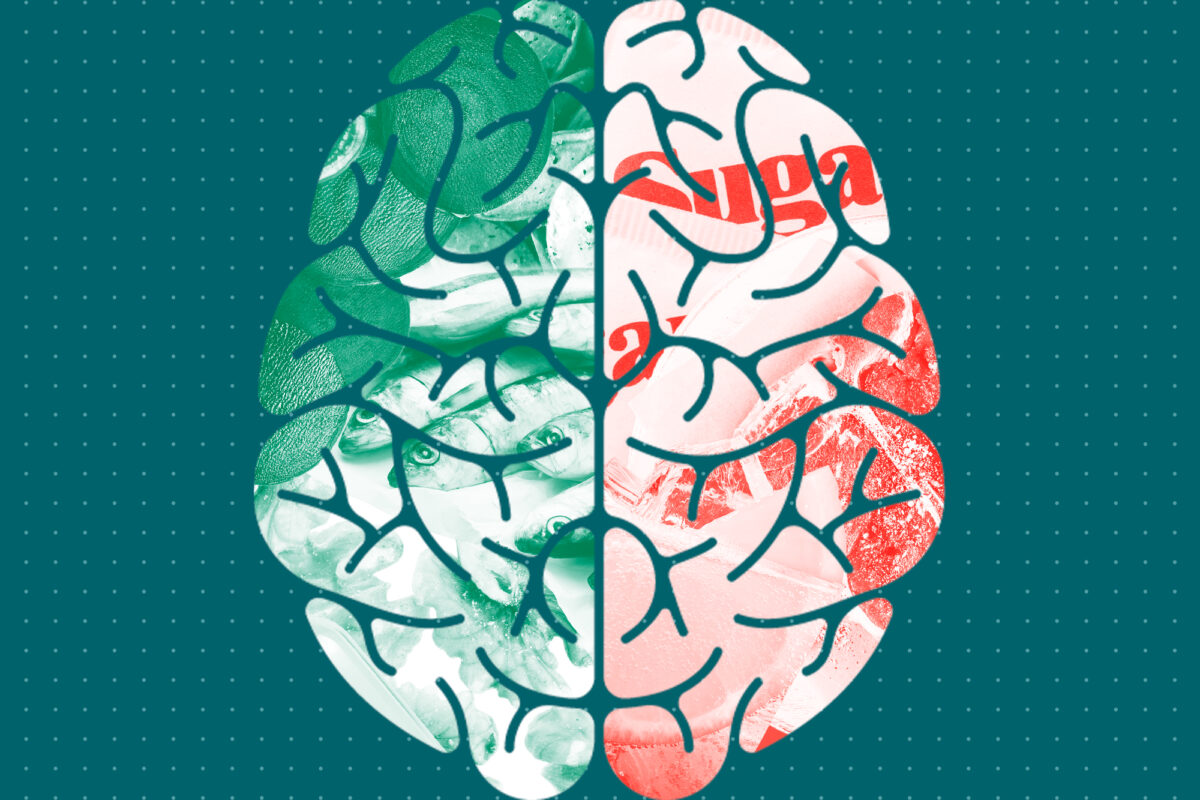I can’t think of any form of personal success that does not require understanding and implementing the art of discipline. The notion that motivation only gets you so far, commonly talked about these day, is true. I used to be big on motivation, too. I would listen to bits of Conor McGregor’s videos until it sparked a hunger in me to go to the gym. But that wouldn’t work if I felt too tired, too depressed or too lazy. So ultimately, I had to learn over time – through forcing myself to exercise, through staying out later to hit my quota in outside sales, through fighting urges of pleasure – that you can’t see any results if you don’t do what is difficult. There’s no other way around it.
Having a Goal in Mind
When you’re dedicated to changing your circumstances, your reputation, you’ll do what it takes. This requires a goal to have at the forefront of your mind. The goal could be based around excitement or even fear. The latter is what I used to my advantage. If I didn’t get my act together, my future self and my reputation would suffer the consequences – so I made this my top priority. My goal was to find a sales job which would allow me to not only make more money for myself, but be conducive to my career as a starting point in business (since sales is such a transferrable skill). I realized at 22 that I had not been setting a strong example for my younger siblings; though I had my own problems and traumas to overcome, the fact remained that I had not kept a steady job since I was 19 and had no car or substantial savings account as a result. Then after I dropped out of university, I plunged into the most depressing time of my life after being admitted to a psychiatric ward upon a state of drug-induced psychosis. My past caught up to me, and my lack of responsibility continued for another 5 months. During this time of mental self-torture in 2020, I was so consumed with negative thoughts of how I was perceived by others as a man, a brother, a son, a friend, that I shut myself away from everyone and everything. Just me, my thoughts and my dark room at home; I wasn’t looking for work, I didn’t talk to a soul and I succumbed to my vices. This period of my life turned into a strong push in the right direction. Even though months following that were not smooth, I ended up eventually finding and excelling at an outside sales job all because I wanted to change my reputation and most importantly, myself. I worked overtime often and was promoted – those hours of pure hard work made an impact on my life.
As described above, you also need to have a strong “why” to be able to persist toward a goal. The why, coupled with a goal, will shape that persistence (and grit, its complimentary quality) into mastery of the art of discipline.
Pain as Fuel
It’s interesting that you can move in two directions if you’ve had trauma in your life. One, toward nothing; attaching your identity to your painful memories and accepting defeat. Accepting a mediocre life because that’s all you believe you can achieve. Or two, contrarily, toward a better life. Using the pain of the past as fuel to achieve a healthy physique, to increase your wealth, to chase your purpose. Emotions can either make you or break you, as exemplified by someone like David Goggins. For that matter, some of the most successful people ever in any domain have dealt with trauma in their past. But instead of wallowing in it, they use it as a foundation for their grit and persistence – two qualities that make up the art of discipline.
Jocko Willink, author of Discipline Equals Freedom, says that discipline is not cultivated in any external way – it has to come from within. When you think about it, this makes sense because the success stories we hear and see in others will only spark a desire in us for so long, until we only can rely on ourselves to persist. And internally, anyone can foster this mentality. Even some people with the most baggage to carry from their past, from the worst environments, still somehow push themselves forward and strengthen their minds. It’s shocking how much humans can endure. Though it’s also important to address serious trauma from your past (trauma in varying degrees depending on the person), it’s worth noting what could later be accomplished in one’s life with such a powerful emotional drive.
Biting the Bullet
Doing what is uncomfortable to make future circumstances better for yourself is the essence of this topic. It’s this notion that, in my opinion, embodies the art of discipline. If you’re serious about the gym, going on the days you’re not feeling like it or when the weather is bad proves how much you really care about your physique and/or mental health. If you’re finally determined to put in some time toward a side project you believe is your purpose, scheduling time in for it and putting in the hard work will say a lot about how much you want this to be a part of your future. There will always be times you’re not motivated to take action, and given how complex and unpredictable life is, many reasons are justified. But as pointed out previously, discipline trumps motivation any day of the week; it’s this quality that you can rely on to get things done. And once I’ve gotten what I need to do out of the way, there’s a sense of pride and satisfaction in knowing I took action even when my mind tried to convince me otherwise; it speaks to a realization that you’re more structured than you think you are.
My side project when I’m not working my job, is this blog. For the first three to four months of writing, I would only dedicate time to it on weekends – attempting to convince myself that I don’t have enough time during the week. Then, I snapped out of this lazy mindset and started putting in the work at least 5 days a week. It was mainly to increase the amount of posts per month from 1-2, to 4 (1 per week, which is still yet to come). Along the way there were times I didn’t follow through with self-discipline, ultimately leading to regret on my part. But more often than not, I spend one hour per day at least 5 days a week writing and/or finding research to back my topics. I’m not always in the mood to do this, but I know that I have to put in the work in order to achieve my goal of making a liveable income from writing. So if I do skip out on a day I’m supposed to write, I’ll punish myself in some way because I know I’m not any closer to my endgame.
Enjoying the Process
You’ve probably heard this as a buzz phrase: that the process is more rewarding than the result. At face value, this seems stupid and false; I think most people can agree that their much sought-after goal will bring more satisfaction than the gruelling hours it took to get there. But think about what this actually means. The character that you developed in the process of hard work will say more about yourself than anything else; so it’s not the mere journey that should be praised, but the change in self that was required during that journey.
This might sound radical, but the following is a recurring notion that has at times helped me get through whatever it is I need to do – especially when what I’m d0ing is required for reaching a personal or professional goal. Think of the most unenjoyable aspects of your routine in which discipline is required: it could be the gym, the work required for your side project – anything that comes to mind. Imagine shifting your mindset toward enjoying the things you don’t like to do. That means convincing yourself that the difficult moments you endure while striving toward a goal are necessary; so developing an affinity for them might make the process easier and more meaningful. I try to think this way because I know my actions will, one, eventually yield to the results I want, and two, shape and strengthen my mind. So as difficult as what I’m doing might happen to be, that’s okay to me as I believe difficulty becomes a future net benefit. On top of this, I know that discipline in one domain has the potential to allow for discipline in another domain; and it can start small but turn into something bigger. For example, sticking to a simple daily habit for 30 days can make all the difference in your attitude and effort toward a meaningful project or personal business. There is correlation between all acts of self-discipline.
